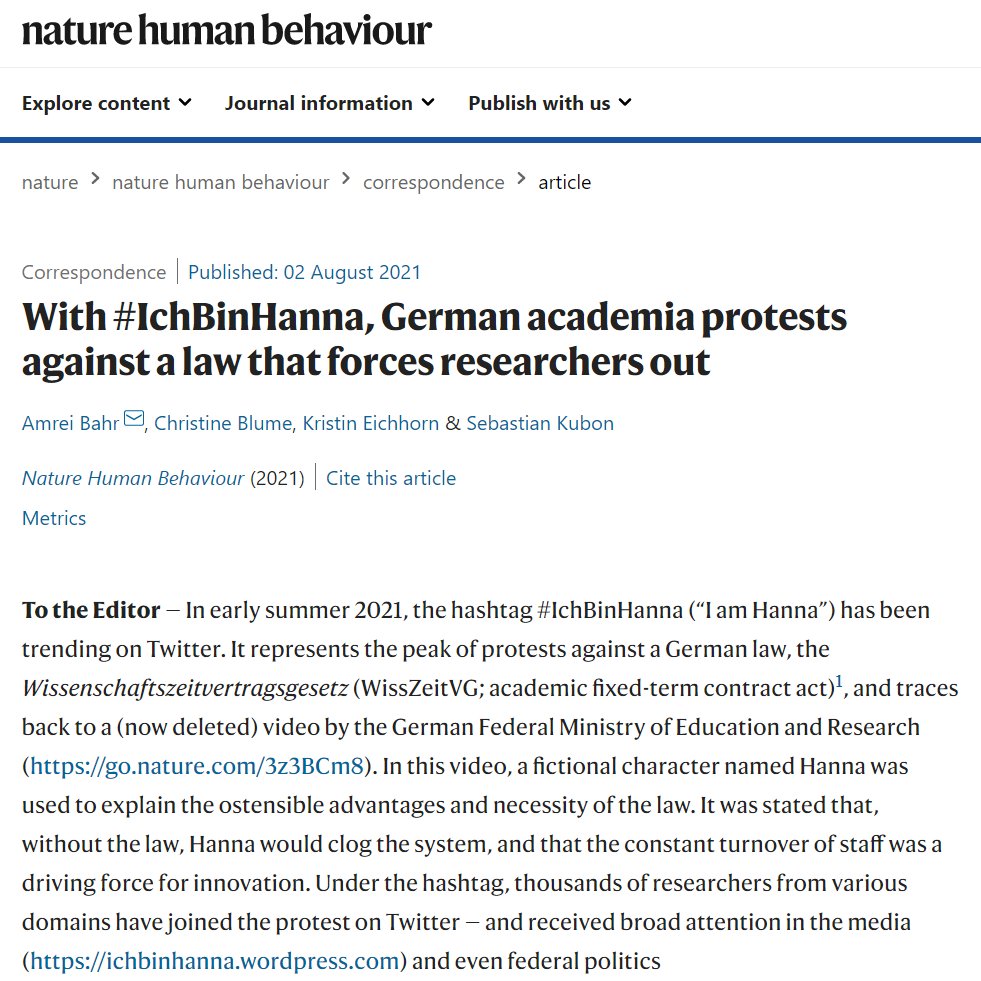
Mathieu Pinger
@MathieuPinger
Followers
141
Following
873
Media
32
Statuses
345
PhD student & psychotherapist in training @zi_mannheim. Addiction/decision-making/fMRI. Also: open science, olfaction, astronomy, running & board games.
Mannheim
Joined January 2020
end/n.Thanks @ja_thome @GeorgiaKoppe @peter_kirsch @Patrick_Halli & Wolfgang Sommer for this collaborative journey into a huge field. Proud that we took our time to understand the construct before rushing to clinical studies. This is how I imagined my PhD to be like!.
0
0
3
12/n.This is where I have to leave you with cliffhanger! But let's say it doesn't look too promising for LD. I hope you stay tuned for the results! There will be some interesting stuff to see!.
1
0
2
11/n.Having (somewhat) understood the basics of LD, we just finished applying the freshly developed online paradigm on a highly powered (N = 350) sample of heavy drinkers (> 10 drinks per week) to replicate the small correlation between addiction severity and RD - and maybe LD.
1
0
2
10/n.In none of our studies did we find relevant correlations between either RD or LD and self-rated impulsivity (BIS-15). And addiction? There was one significant correlation between LD and AUDIT scores, but just look at the scatter plot - we finally need a clinical sample.
1
0
2
9/n.This and our next study ( also demonstrate how discounting behavior can be manipulated using latent variable models (useful e.g. for fMRI studies). This allowed us to nicely cross-validate the hyperboloid discounting model
1
0
2
8/n.Why is this important? The literature on RD vs LD is inconsistent, and the hyperbolic model is more commonly used. This could explain prior findings. So far it seems like RD and LD, apart from weaker LD overall, are very similar.
1
0
2
7/n.Next we did a series of online studies. In the first one, we replicated common findings: less LD than RD, 30% of participants never seem to discount losses. Important: RD and LD were highly correlated in a hyperboloid, but not a hyperbolic model.
1
0
2
6/n.In our fMRI study we found similar brain activation and behavior during intertemporal choices between losses or rewards. If you've heard of, say, prospect theory, this might surprise you. But we used small (because real) wins and losses, so maybe that's why.
1
0
2
5/n.LD has gone through some research suggesting that it may be a similar predictor of SUD:.Consumption = immediate reward + delayed aversion.Abstinence = immediate aversion + delayed reward.So higher RD + LD = higher risk. First question then: are RD and LD different processes?.
1
0
2
4/n.The LD equivalent would be losing 5€ now vs 10€ in 1y. Do SUD patients prefer the "-10€ in 1y" more often than healthy controls? This would mean that they devalue future losses (or other aversive consequences!) more strongly during decision-making.
1
0
2
3/n.Example: Would you rather win 5€ now or 10€ in 1 year?.SUD patients tend to prefer the "5€ now" more often than participants without SUD. Discounting theories assume that people devaluate future wins based on the delay, so stronger discounting = future value decreases.
1
0
2
2/n.The question behind our project is whether "Loss #DelayDiscounting" (LD) could be a cognitive process relevant for #addiction research. We do know that patients with SUDs discount future rewards more than healthy participants. (RD = reward discounting).
1
0
3
Hyped to announce our first fMRI investigation on delay discouting of losses and rewards! (my first fMRI paper btw 🥳). Time for a discounting triple feature on our work so far. 1/n.
frontiersin.org
Aim: Delay discounting (DD) has often been investigated in the context of decision making whereby individuals attribute decreasing value to rewards in the di...
1
2
11
Today my first fMRI paper got accepted 🔥 Looking forward to celebrate (#PuG2022 looking at you👀).
0
0
16
RT @TheCharleyWu: 🚨Preprint alert! An influential theory by @AlisonGopnik describes human development to stochastic….
0
75
0
RT @maithi_nk: Wem #ichbinhanna oder #WissZeitVG was sagt, ist entweder selbst betroffen oder hält es für Akademiker-Mimimi. Die Mehrheit h….
0
71
0
Just submitted my first (fMRI) paper manuscript on delay discounting of losses 🎉🎊.
1
1
14
0
16
0
Scientific publishers make unbelievable profits with journals. Books however are also expensive and authors mostly unpaid. Is there any information on the revenues/profits generated by journals vs books (and possibly other "products"), e.g. for Elsevier? (Maybe @brembs ?).
1
2
2
RT @djcooky78: Angela #Merkel maßregelt BILD Reporterin für ihr respektloses Verhalten während der Pressekonferenz. 💪 #Flutkatastrophe #Hal….
0
242
0






